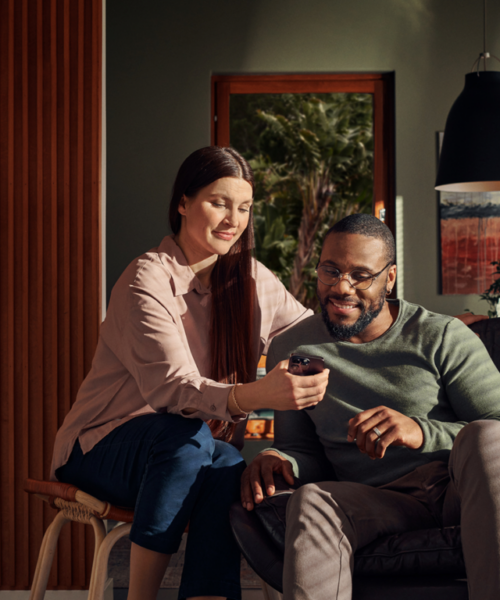iLOQ vs Global megatrends part 1: Urbanization

According to The World Bank, in 2020 about 55% of the world’s population – 4.2 billion inhabitants – were living in cities. According to many sources, this trend will continue. By 2050, with the urban population expected to more than double its current size, it is predicted that nearly 7 out of 10 people in the world will live in cities. This rapid urbanization has caused a massive increase in the demand for affordable housing.
COVID-19 has had a significant impact on many industries. The construction industry has seen disruptions, for example, in supply chains. But, on the whole, the need for housing remains high which has given a boost to the industry even in these challenging times.
Some employees are relishing the opportunities to work from home that COVID-19 has created and have even decided to move away from the larger cities to cheaper living areas. However, statistics show that three out of four people living in poverty and suffering from hunger live in rural areas which has forced the migratory movement towards urban areas even during times of the pandemic.
There are many factors that can ensure the viability of the construction industry now and cement its importance in the post-pandemic recovery of our communities and economies. Two of the main factors are costs and sustainability.
Driving down costs
Cost control has been, and always will be, an important process in any construction project. From the structure of the building itself to the design and installation of all its internal components and elements, building owners and operators will always keep a close eye on costs.
Whether properties are to be sold or rented, a major goal for construction companies and building owners is to achieve the lowest total cost of ownership (TCO). According to a recent survey, TCO is considered the number one consideration for decision makers when evaluating the locking system to be installed in a building.
In a mechanical locking system, if a single key is lost, a huge cost is incurred in order to maintain security. The cylinder must be re-keyed or replaced, and new keys need to be cut for all users of that door. If a master key is lost, the problem is multiplied, since all the cylinders the key operates will need to be changed. In a battery-operated digital locking system, a large cost to be added to the TCO is the one associated with changing hundreds or even thousands of batteries potentially spread over a vast number of sites. And it’s not just the cost of the battery itself; it’s also the time and travel costs involved in this ongoing maintenance function.
iLOQ’s locks and keys are battery-free. They are durable and operate reliably in the harshest environments. They can be easily reprogrammed and reused making them long-term and sustainable solutions. And offering fast, flexible access management, they increase the value of properties and guarantee considerable lifecycle savings. The more iLOQ keys and locks in a building, the greater the savings.
Zero emissions from battery-free solutions
According to global management consulting firm, McKinsey & Company, there will be an acceleration toward sustainability, including designs for healthier living. Governments may stimulate the economy by encouraging measures to meet carbon reduction targets – for example, by retrofitting housing stock to improve energy efficiency.
iLOQ is dedicated to alleviating the pressure that population growth and urbanization is putting on both the construction industry and our environment. We are continually developing our innovative range of digital locking and mobile access solutions that require no external power sources, wiring or batteries. This means zero energy consumption and zero emissions from daily use. Already today, ilOQ saves 30,000 kg of battery waste annually making it one of the greenest solutions in the market.
Easy integration with 3rd-party services
McKinsey & Company also expects to see a parallel shift in demand toward buildings and communities that promote healthier lifestyles (such as access to local amenities and outdoor space, higher standards on air quality, and recycled and sustainable materials). As today’s buildings grow in size and more facilities are added to the premises, one major trend in relation to locking systems is integration. iLOQ’s standard open application programming interface (API) allows a high level of automation and the possibility for integration with state-of-the-art data-sharing and reservation systems as well customers’ personal databases. So, as well as providing secure access to the front door and apartment doors, iLOQ makes it possible to book and gain access to common areas such as saunas, gyms or meeting rooms which may be managed by 3rd-party service providers.
You can read more about the benefits of iLOQ’s digital locking and mobile access solutions here. Don’t hesitate to reach out by posting a comment in the box below if you would like us to get in touch.




















